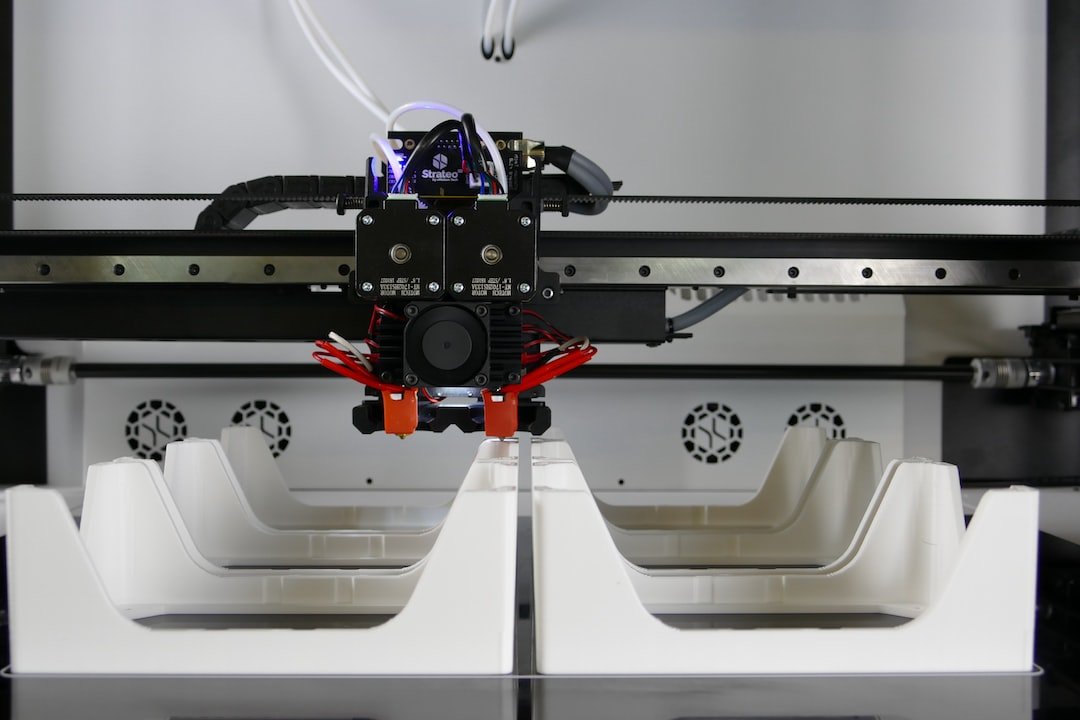Understanding the Basics of Kaizen Philosophy in Manufacturing
In the fast-paced world of manufacturing, businesses are constantly seeking ways to increase efficiency, reduce waste, and improve overall productivity. The Kaizen philosophy has emerged as a powerful tool to achieve these goals. Derived from the Japanese words Kai (change) and Zen (good), Kaizen emphasizes continuous improvement through small, incremental changes. This philosophy has revolutionized the manufacturing industry and has been adopted by companies worldwide. In this blog post, we will explore the basics of Kaizen philosophy in manufacturing.
At its core, Kaizen is about empowering every employee to contribute to the improvement process. It is not limited to a specific department or management level. Whether it’s a frontline worker or a senior executive, everyone is encouraged to identify and eliminate waste, streamline processes, and suggest improvements. This kind of inclusive approach fosters a culture of continuous improvement, making it a core aspect of the Kaizen philosophy.
One of the fundamental principles of Kaizen is the elimination of waste, or what is known as “Muda” in Japanese. Waste can manifest in various forms, including excess inventory, overproduction, unnecessary movement, waiting time, defects, and more. By identifying and eliminating these sources of waste, companies can reduce costs, improve quality, and enhance customer satisfaction. By focusing on waste reduction, Kaizen optimizes processes and ensures that resources are efficiently utilized, resulting in improved overall productivity.
Another key principle of Kaizen is the concept of “Gemba,” which refers to the actual workplace where value is created. In order to implement effective improvements, practitioners of Kaizen must go to the Gemba, directly observe operations, and gather data. By studying the actual work environment, employees can better understand the challenges and discover opportunities for improvement. This hands-on approach allows for the identification of bottlenecks, inefficiencies, and areas that require immediate attention.
Continuous improvement is at the heart of Kaizen philosophy. Rather than seeking one-time, radical changes, Kaizen emphasizes small, incremental improvements carried out on a regular basis. These small changes, when accumulated over time, can lead to significant transformations. By continuously seeking ways to enhance processes, companies can maintain a competitive edge, adapt to changing customer demands, and drive innovation.
Implementing Kaizen requires effective communication and collaboration throughout the organization. Open lines of communication enable employees to share ideas, feedback, and suggestions freely. This kind of collaborative approach fosters a culture of shared responsibility and common goals. By involving employees at various levels, the Kaizen philosophy enables a sense of ownership, which in turn boosts employee morale and engagement.
To effectively implement Kaizen, it is crucial to establish a system of measurement and performance indicators. This allows companies to monitor progress, measure the impact of improvements, and identify areas where further attention is needed. By accurately measuring key performance indicators (KPIs), businesses can gain valuable insights into the effects of their improvement efforts, enabling them to make data-driven decisions and continuously optimize processes.
While Kaizen was initially developed for manufacturing, its principles can be applied to various industries and sectors. From healthcare to service, Kaizen has proven its effectiveness in different contexts. The concept of continuous improvement is universal, and the Kaizen philosophy provides a systematic approach to achieving it.
In conclusion, Kaizen philosophy plays a vital role in the manufacturing industry. By empowering employees, eliminating waste, and promoting continuous improvement, companies can enhance productivity, reduce costs, and deliver exceptional products and services to customers. Understanding and implementing the basics of Kaizen philosophy is essential for any manufacturing organization that strives for excellence in today’s competitive landscape.










